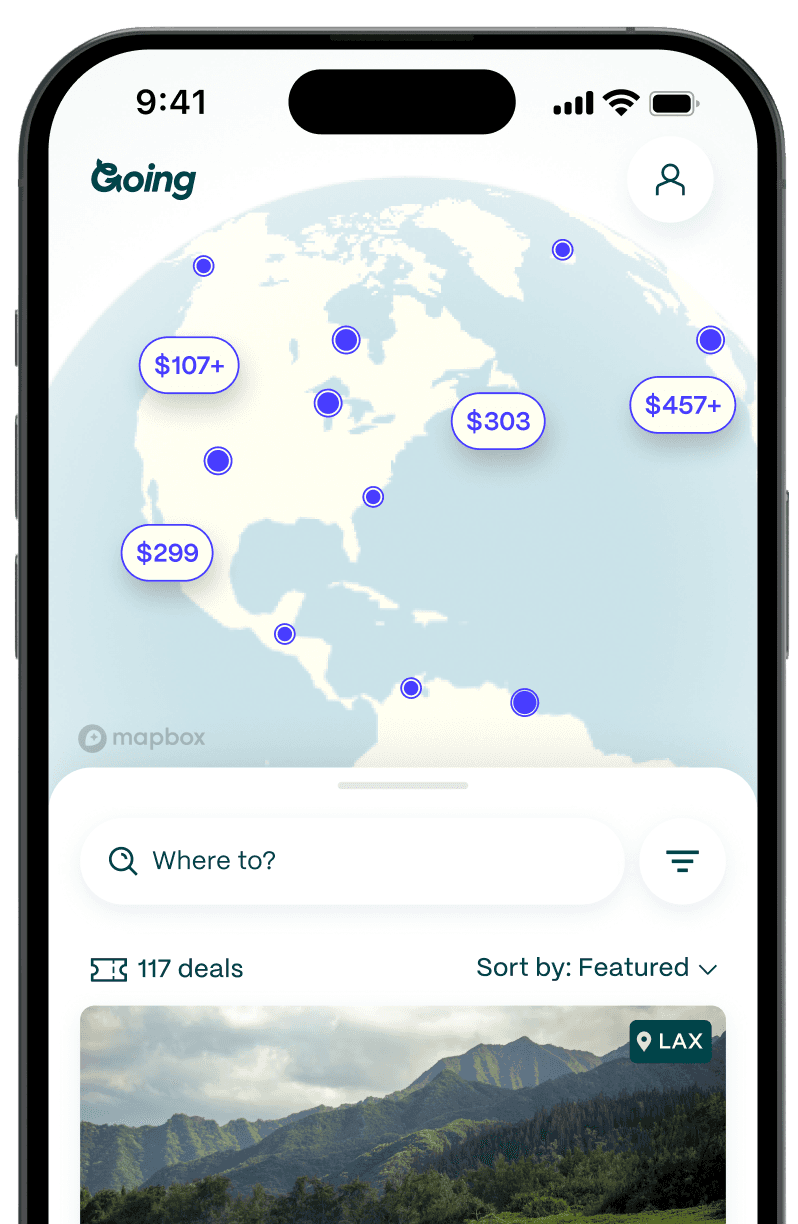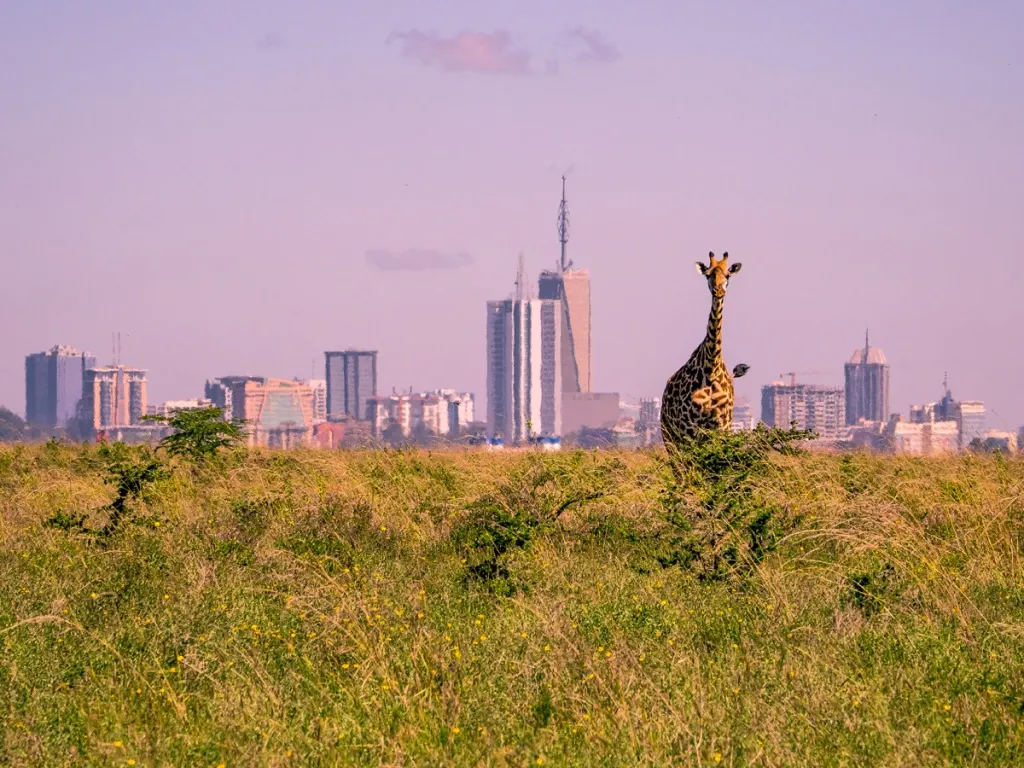
Nairobi: The African Capital Where Wildlife Roams Just Outside the City
Known as the Green City in the Sun, the Silicon Savannah, and even NairoBAE to locals, Kenya's capital is in many ways the gateway to East and Central Africa.
Nairobi is also one of the only capital cities in the world with a national park—Nairobi National Park is less than 30 minutes from the center of town. That means you can see over 100 mammals (including the Big Five) and 400+ bird species roaming the grasslands and the rich, colorful sunsets of the savannah—but with a city skyline in the background for some extra pizzazz. You can self-drive it or join a guided tour, spread out a picnic or stay the night at a tented camp or safari lodge.
Although it’s long been overlooked as an inevitable airport stop on the way to explore other parts of Kenya, Nairobi is a vibrant, inspiring city where modern art and design coexist with traditional crafts, and indigenous wildlife is always just outside your window.
The Silicon Savannah

A well-educated population and a lack of some existing infrastructure (which can result in lower costs and leaves a lot of room for opportunities) have made Nairobi a major hub for technological innovation and nearly 300 of the continent’s most promising startups. Coworking spaces and coffee shops dot the city, with reliable and affordable internet access and networks of professionals and founders in several fields, not just tech.
A considerable chunk of these startup companies, however, are not Kenyan-owned. Funding has historically been disproportionately awarded to American expats versus local founders, which has brought about issues of gentrification in some parts of the city. When visiting, it’s important to patronize Kenyan-owned businesses and accommodations (and for those investing, to prioritize support for startups run by locals).
Art on and off the roads

Matatus (minibuses that serve as public transport) are a quintessential part of Nairobi life, but these aren’t just any buses. They move people to and from all corners of Nairobi day and night and are known for their vibrant, expert graffiti featuring musicians, actors, sports heroes, quotes, and scriptures. The vibe is completed by booming music and sometimes even screens with movies and music videos playing inside.
Although the government does provide a few bus services, these privately-owned vans rose to popularity in the 1960s and ‘70s as local business people rebelled against the colonial Kenya Bus Service company. Their flamboyance and occasional flouting of traffic rules aside, the city would barely run without matatus (and hardly does in the event of a strike!).
Permanent and weekly open-air markets with jewelry, paintings, handmade furniture, and other handicrafts also thrive across the city. The vendors who work these markets are part of an industry known as Jua Kali, which collectively employs about 500,000 people. The phrase jua kali translates to “fierce sun” in Swahili, for the hustlers of the city who set up shop wherever they can, often working out in the open.
Top shopping spots in the city include the Maasai markets at various shopping malls—the best one is on Saturdays at the Nairobi Law Courts parking in the city center. The artisans whose stalls line Ngong Road between the Junction shopping center and Karen area are among the best options for furniture, both ready-made and custom to order.
Masters of adornment

Images of Maasai and Samburu people sporting layers of colorful beaded jewelry are common emblems of Kenya, but the country’s mastery in adornment goes even further than that.
Time-mastered traditions in bone, bronze, dark woods, feathers, and grasses make Kenyan jewelry designers some of the very best on the continent. Where many countries have a national dress, attire, or popular fabric, most cultures in Kenya have historically placed more importance on craftsmanship in adornment, from ceremonial headdresses to beaded corsets and other accessories to represent different stages in life or positions in society.
Add to that the number of gemstones available in the region, like tsavorite and ruby, and you're spoiled for choice on jewelry and other accessories for all budgets. You can browse work from designers like Brian Kivuti and Adele Dejak or boutique stores like Ichyulu.
An evergreen legacy

Built on rainforest and savannah, Nairobi’s urban landscape has remained surrounded by greenery even as the city has grown. Much of that is because of Wangari Maathai, an environmental and political activist and the first African woman (and first environmentalist) to be awarded the Nobel Peace Prize.
Maathai left her mark on the city as her organization, the Green Belt Movement, works to keep many green spaces from being built up as malls and parking lots.
Anywhere in the city, it’s easy to enjoy these parks and forests. For example, sprawling over more than 2,600 acres, Karura Forest is just a half hour away from the middle of Nairobi and contains indigenous vegetation, streams, waterfalls, and caves that were used by the Mau Mau movement as hideouts in the fight for independence from British rule in the 1950s and ‘60s. And Uhuru Park, right at the edge of the Central Business District, has a man-made lake complete with paddleboats and fish.
Maathai’s vision is continued by the Wangari Maathai Foundation and the Wangari Maathai Institute for Peace and Environmental Studies, which both continue to provide education and support for environmental and sustainable projects.
An unusual inspiration

The Kenyatta International Convention Centre (KICC) is a highlight of the city's skyline. While it is, first and foremost, a conference and events center, anyone can pay for access to the helipad at the top to enjoy a picnic or just take in the 360-degree views.
At its time of completion in the 1970s, the tower’s 28 floors made it the highest building in Nairobi; to date, it retains its position as one of the city’s tallest buildings.
The building caused waves in 2018, though, when one of the architects of the building, David Mutiso, claimed the design was inspired by the penis of a donkey.
The cure for what ails you

Claimed to be created at The Carnivore restaurant, the Dawa has become Nairobi’s signature drink. The name means medicine in Swahili, though it technically has no medicinal properties. Made with vodka, honey, lime, and sugar, it can now be found at bars all over the city and throughout Kenya. Get the recipe here.
Another popular option is Tusker, which has been the nation's beer of choice for a century. Named in honor of the founder (who was killed hunting an elephant), it’s best enjoyed baridi (cold) and on a rooftop bar with sweeping views of the city skyline or hills.
Creative collectivism
Music collectives like the #NuNairobi crew and genres like Gengetone (which blends rap with reggaeton and dancehall) rule the airwaves in Kenya.
These millennial artists grew up on Kenyan Genge (or sheng rap), American R&B and rock, and Tanzania's Bongo Flava. Now they are embracing the country's golden oldies in new ways, incorporating live instrumentation and electronic sounds.
Collaboration and creative community is the name of the game, and it's paying off beautifully for those involved, from features on TV and movie soundtracks (including Just a Band on the TV show Sense8 and several artists on Rafiki, a Kenyan film) to international awards and tours. Some collectives carry this on beyond music to film, VR experiences, and comics, like The Nest Collective have done for years.
Stream music by Xenia Manasseh, Matata, Karun, H_art the Band, and more on Mdundo.com.
Revolutionary art

Wanuri Kahiu was the first Kenyan director to have a premiere at the Cannes Film Festival. Her 2018 feature film Rafiki, the story of a romance between two teen girls, received a 10-minute standing ovation.
The film was initially banned in Kenya, where gay marriage and same-sex relationships are illegal. Kahiu appealed the decision by the Kenya Film Classification Board, and the entire issue sparked debates across the country about homophobia. (A Kenyan judge temporarily lifted the ban so the movie could be shown in Kenya for one week, making the film eligible for an Academy Award.)
It also brought about widespread discussion of what constitutes “unAfrican” vs “African,” considering Christianity and homophobia were introduced by colonialism across most of the continent.
Good to Know
Is Nairobi expensive?
Nairobi’s developed tourism sector makes it more expensive to travel to than other places throughout Africa; however, it’s still pretty inexpensive to visit by most people’s standards. A hotel room costs an average of about $75 per night. With food, you’re in luck—the average cost of a meal at a local restaurant costs about $5, give or take. This is offset by tours, such as a safari, which could cost you just under $200 per person for a half-day trip; if your safari includes accommodations, though, you’ll be looking at higher costs.
Best time to visit Nairobi
The best time to visit Nairobi is from July–October and January–February. Nairobi’s dry season is July–October and January–February, when you’ll get dry, cool months with little rainfall—perfect for outdoor activities and tours in and around Nairobi.
What languages are spoken in Nairobi?
Swahili and English are the common languages spoken in Nairobi.
Nairobi with kids
Nairobi is relatively family-friendly, with plenty of opportunities to appreciate animals for the littlest nature-lovers. There are adventure parks; indoor play areas located at malls throughout the city; markets with kid-focused activities like go-karting, trampolines, and bowling; and parks and gardens for picnics like Karura Forest and the Nairobi Arboretum. You can also find some interesting art galleries geared toward children, as well as kids art camps.
Nairobi public transportation
Public transportation options in Nairobi are not the most advanced. One of the most popular ways to get around the city are by the matatu minibuses. Riding one of the matatus is a quintessential Nairobi experience and is fairly easy to do around the Central Business District. However, it’s not always easy to figure out the best route without help from a local; traffic, which builds up around peak times, also makes these minibuses somewhat inefficient. There are also standard bus routes throughout the city.
Is Nairobi safe?
Kenya ranks #117 out of 163, according to Vision of Humanity’s Global Peace Index. In Nairobi, it is generally safe to walk around, though it’s important to be conscious of your surroundings, especially in busy areas like clubs and festivals, as petty crime, such as pickpocketing, is common.
Kenya ranks #160 with a score of 17 out of 100 for LGBTQ+ equality, according to Equaldex's LGBT Equality Index. Technically speaking, it is illegal to be gay in Kenya. However, travelers have reported that they felt relatively free to move about Nairobi, as LGBTQ+ parties and events are not uncommon in the capital.
Getting to Nairobi
- Main airport: NBO
- Average Going deal price for cheap flights to Nairobi: $632 roundtrip
More destinations in Africa:
Last updated December 27, 2023
Articles you might like
View All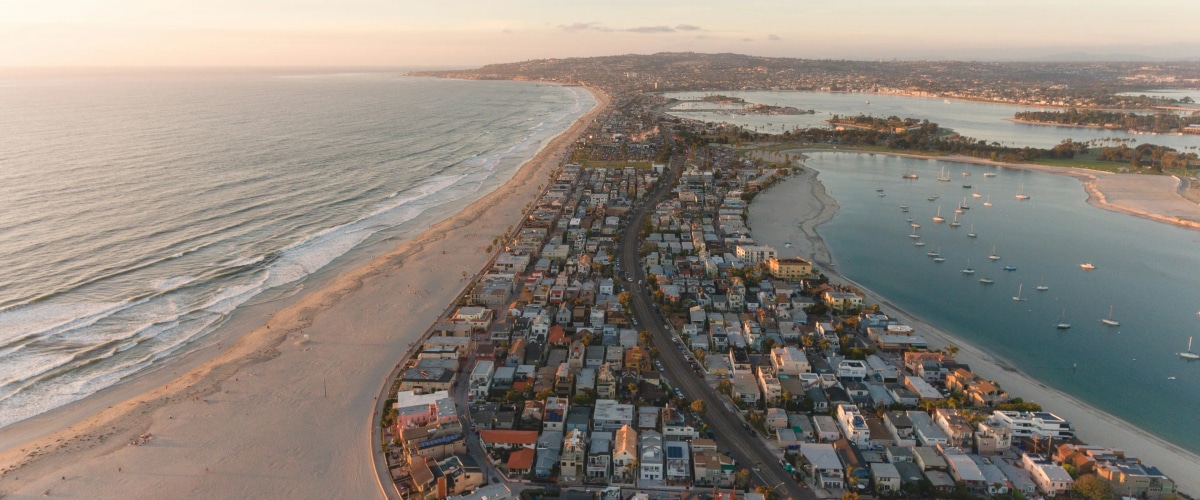
San Diego: The West Coast Surf Capital Where Bigger Burritos Are Better
Feb 4, 2026
10 min read
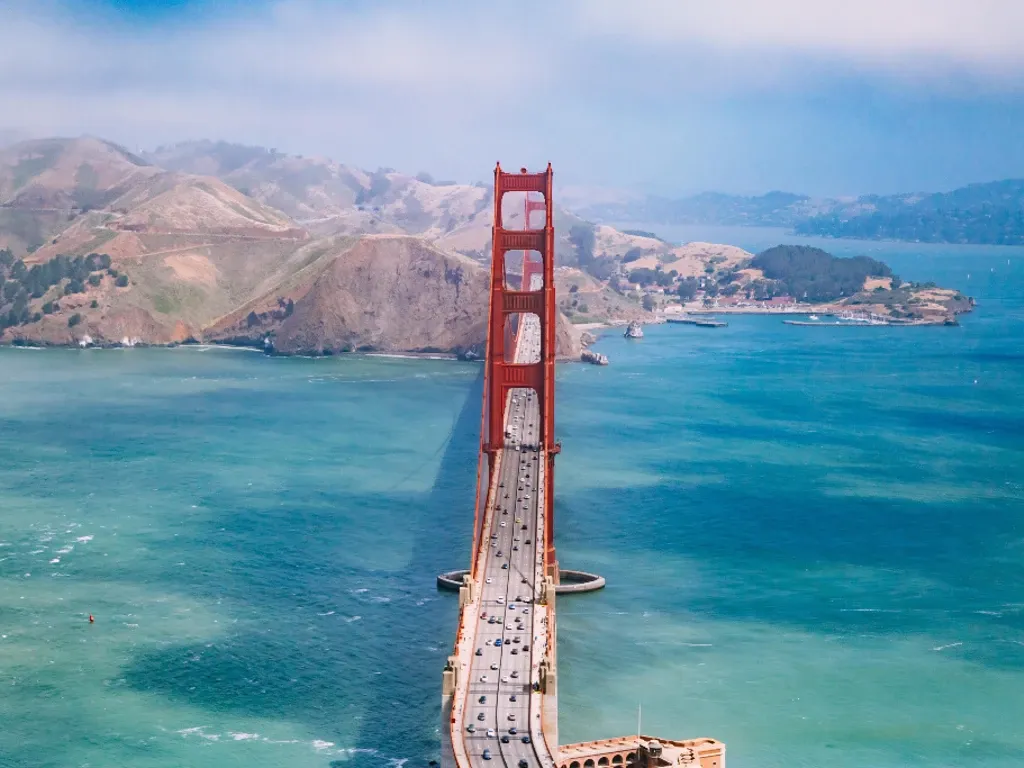
San Francisco Travel Guide: What Makes the City Worth Visiting
Jan 26, 2026
12 min read
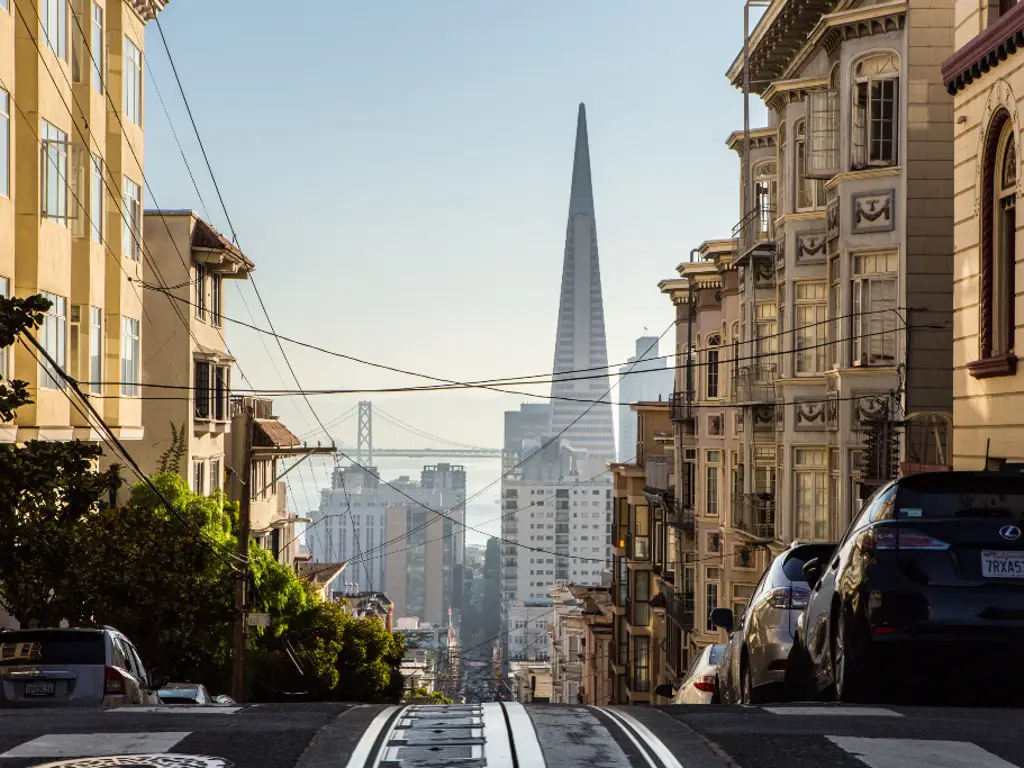
Where to Stay in San Francisco: Choosing the Right Neighborhood
Jan 26, 2026
17 min read



